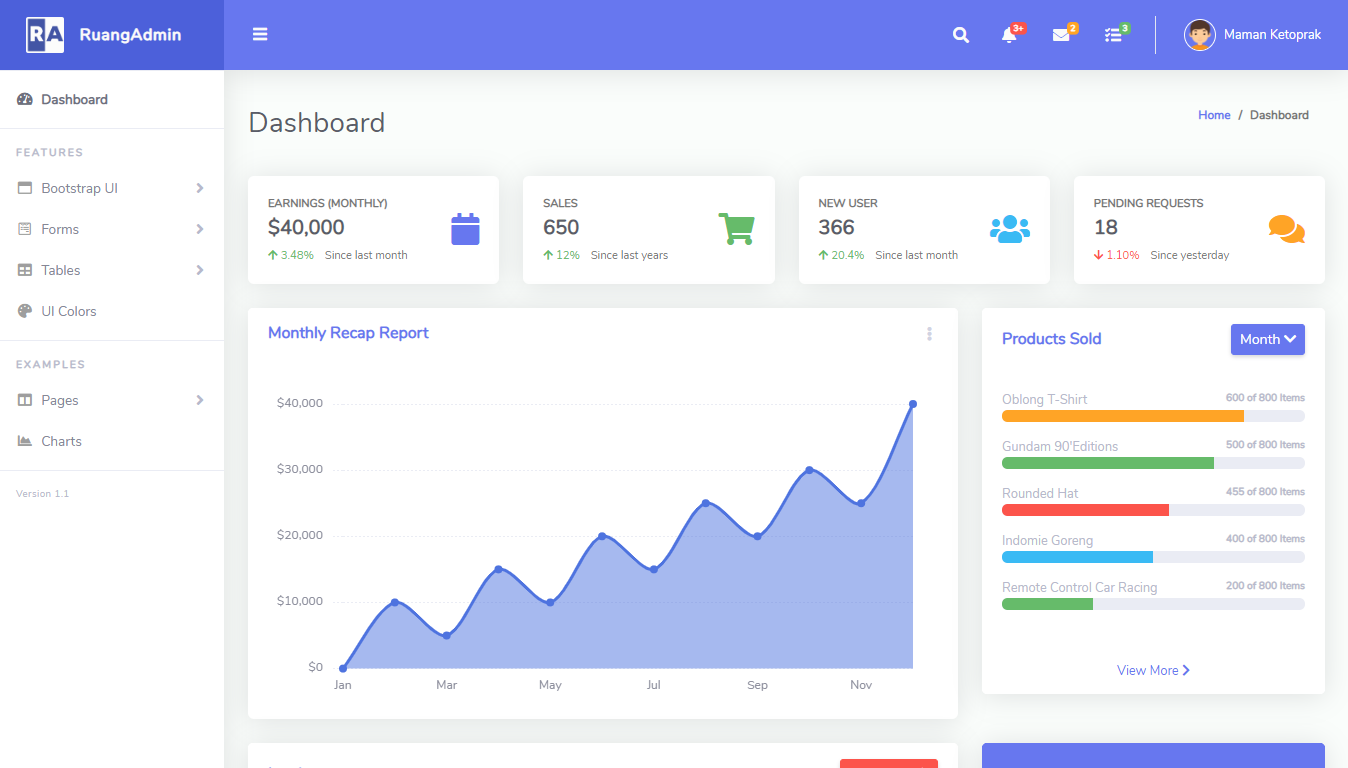How to Get all classes that implement interface in C#
By Tan Lee Published on Feb 04, 2025 647
For example:
private IEnumerable<T> GetAllTypesThatImplementInterface<T>()
{
return System.Reflection.Assembly.GetExecutingAssembly()
.GetTypes()
.Where(type => typeof(T).IsAssignableFrom(type) && !type.IsInterface);
}To create instances of these types, you can loop through the results and use Activator.CreateInstance():
foreach (var type in GetAllTypesThatImplementInterface<T>())
{
var instance = (T)Activator.CreateInstance(type);
// Do something with instance
}Let’s imagine we want to create a notification system. We have different types of notifications (like email, SMS, and push notifications) and we want to automatically wire up the notification handlers.
Think of this as a subscription model, where different types of subscribers (e.g., email, SMS) automatically handle the notifications sent by the system.
Create the Notification Handler interface
public interface INotificationHandler
{
string NotificationType { get; }
void Notify(string message);
}Create the notification handler registry
This registry will load all types that implement the INotificationHandler interface and add them to a dictionary, mapping notification types to their respective handler objects.
public class NotificationHandlerRegistry
{
public Dictionary<string, INotificationHandler> GetNotificationHandlers()
{
var handlerRegistry = new Dictionary<string, INotificationHandler>();
foreach (var type in GetAllTypesThatImplementInterface<INotificationHandler>())
{
var handler = (INotificationHandler)Activator.CreateInstance(type);
handlerRegistry.Add(handler.NotificationType, handler);
}
return handlerRegistry;
}
private IEnumerable<Type> GetAllTypesThatImplementInterface<T>()
{
return System.Reflection.Assembly.GetExecutingAssembly()
.GetTypes()
.Where(type => typeof(T).IsAssignableFrom(type) && !type.IsInterface);
}
}Implement a Notification Handler
Now, let’s implement a simple notification handler.
For example, a handler that sends email notifications.
public class EmailNotificationHandler : INotificationHandler
{
public string NotificationType => "email";
public void Notify(string message)
{
Console.WriteLine($"Sending email with message: {message}");
}
}When a notification needs to be sent, the system can look up the appropriate handler in the registry:
static void Main(string[] args)
{
var handlerRegistry = new NotificationHandlerRegistry().GetNotificationHandlers();
string notificationType = "email";
string message = "Hello, you've got a new message!";
handlerRegistry[notificationType].Notify(message);
}In this example, since EmailNotificationHandler is mapped to the "email" notification type, the code calls EmailNotificationHandler.Notify(), which outputs Sending email with message: Hello, you've got a new message! to the console.





